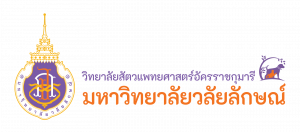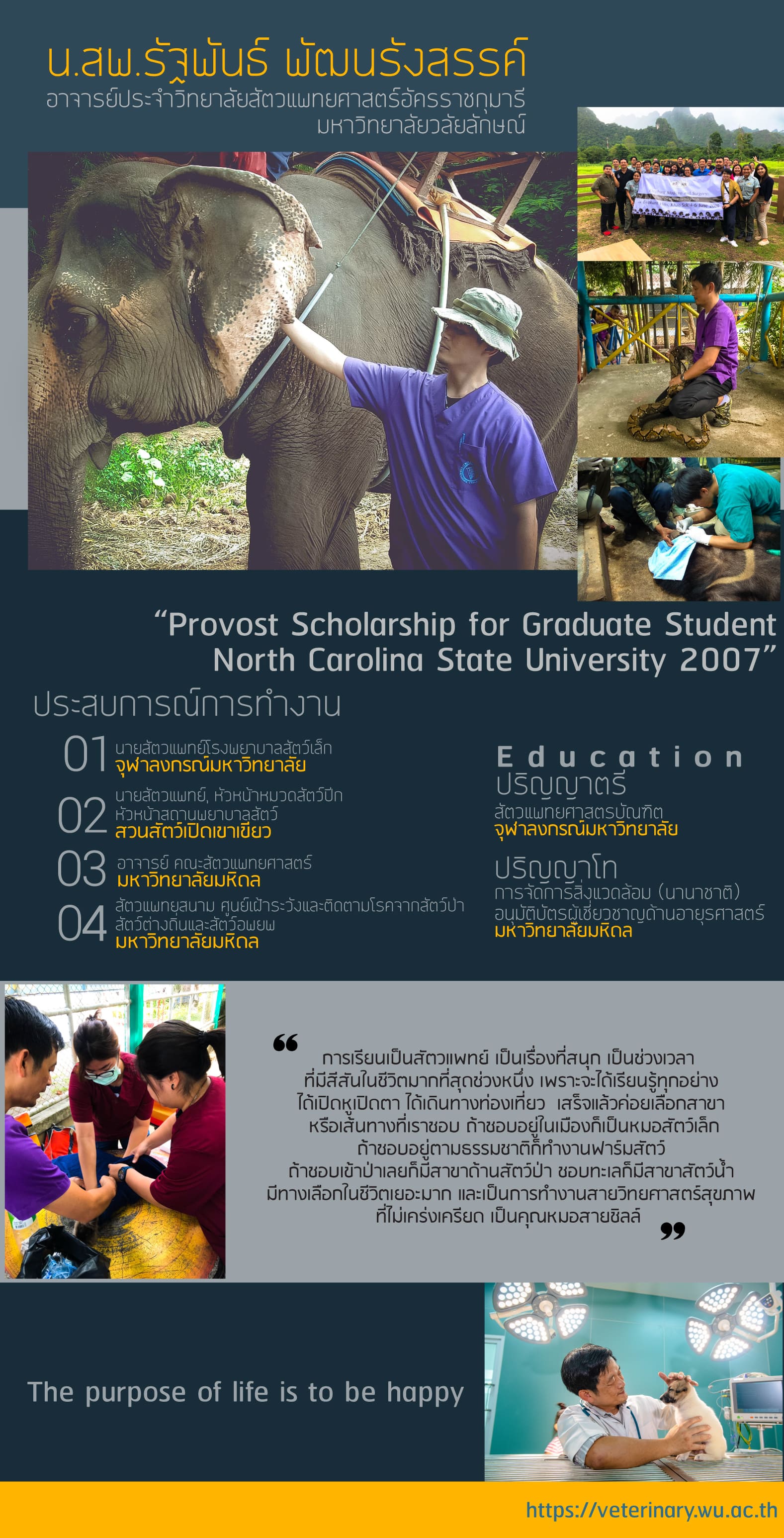Antimicrobial resistance (AMR) is the ability of a microorganism such as bacteria, viruses, and parasites to stop an antimicrobial drugs (such as antibiotics, antivirals and antiparasites) from working against it. As a result, common treatments become ineffective and infections remain and spread to others, the cost of treatment is increased and the number of deaths due to AMR significantly rise.
Although antimicrobial resistance occurs naturally over time via genetic changes (AMR gene), the misuse and overuse of antimicrobials is accelerating this process. In many places, antibiotics are overused and misused in people and animals, and often given without professional oversight.
Antimicrobial resistant-microbes can be found in people, animals, food, and the environment, they can spread among them. Poor infection control, inadequate sanitary conditions and inappropriate food-handling encourage the spread of antimicrobial resistance.
Therefore AMR is an increasingly serious threat to global public health that requires action across all government sectors and society. At AVC, our researchers involve in many AMR projects, we study AMR in many species (both domestic and wildlife animals) and perform the research in antibiotic alternatives including probiotics and herbs for animal application.
Our Researchers in AMR project
- Prof.Dr. Suvichai Rojanasathien
- Assoc.Prof.Sumalee Boonmar
- Dr Thotsapol Thomrongsuwannakij
- Asst.Prof. Dr. Tuempong Wongtawan
- Asst.Prof.Dr. Ngamchit Choongkittaworn
- Asst.Prof. Dr. Chaiwat Boonkaewwan
Our researchers’s publications
- Salmonella prevalence in meat at retail markets in Pakse, Champasak Province, Laos, and antimicrobial susceptibility of isolates
- Salmonella Prevalence in Slaughtered Buffaloes and Pigs and Antimicrobial Susceptibility of Isolates in Vientiane, Lao People's Democratic Republic
- A Study on Campylobacter jejuni and Campylobacter coli through Commercial Broiler Production Chains in Thailand: Antimicrobial Resistance, the Characterization of DNA Gyrase Subunit A Mutation, and Genetic Diversity by Flagellin A Gene Restriction Fragment Length Polymorphism
- Antimicrobial Resistance in ESBL-Producing Escherichia coli Isolated from Layer and Pig Farms in Thailand
- Knowledge, attitudes and practices toward antimicrobial usage: a cross-sectional study of layer and pig farm owners/managers in Chiang Mai, Lamphun, and Chonburi provinces, Thailand, May 2014 to February 2016
แสดงความคิดเห็น

